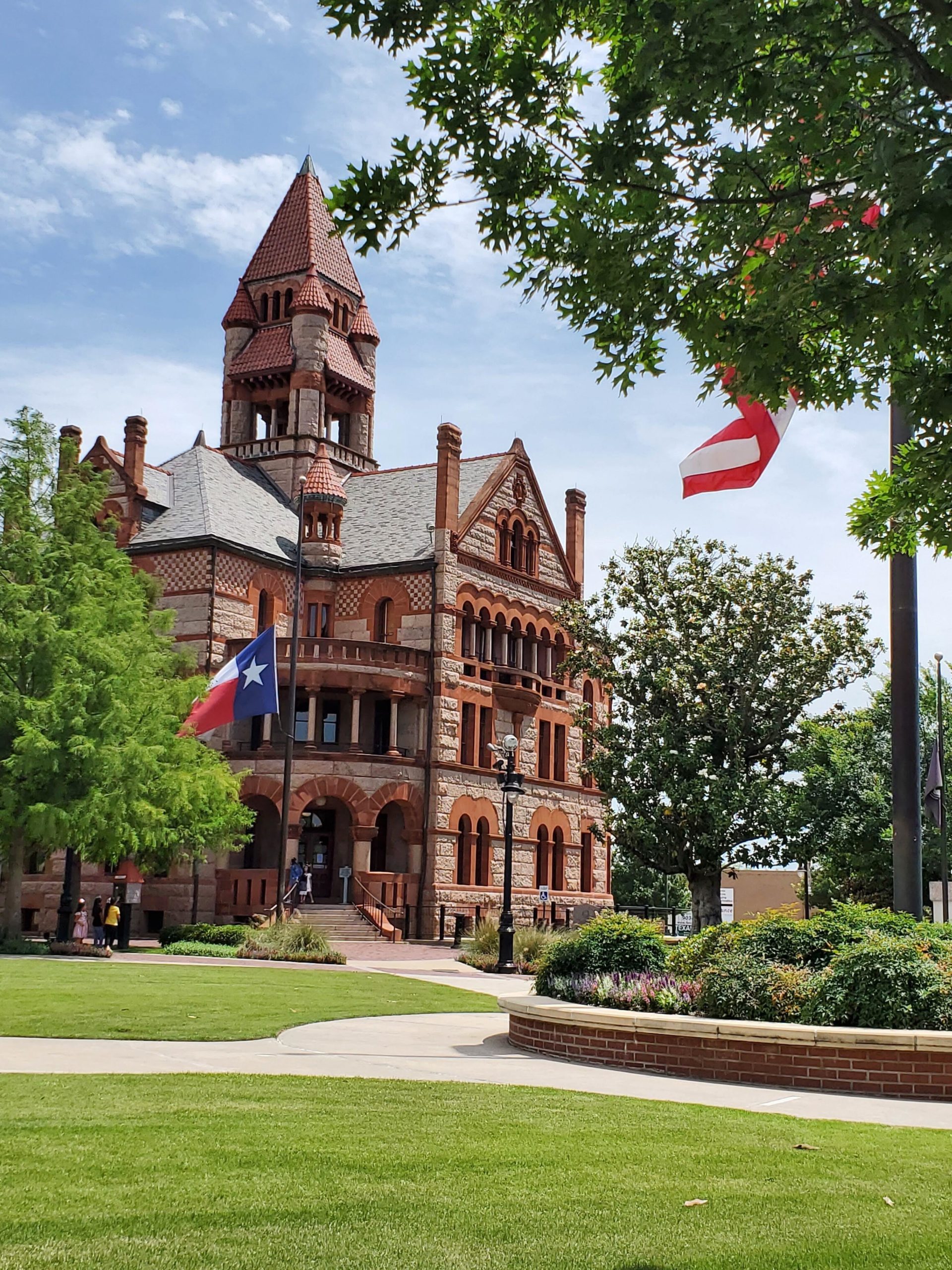Breach of Trusts
When picturing a breach of trust, most minds turn directly to fraudulent or dishonest activity that personally benefits the trustee or fiduciary. A stereotypical example of such behaviour is found in Law Society of Ontario v. Stroud, 2022 ONLSTH 99, where the lawyer and estate trustee lied about the existence of a will and misappropriated hundreds of thousands of dollars from numerous estates. Yet breaches of trust are often not always done in a self-serving manner.
Being a trustee is hard. Balancing the different interests of the beneficiaries, the estate’s financial health, and one’s sanity is a tough ask. Add in non-Canadian beneficiaries and extended litigation over the estate’s assets, and you have a situation ripe for a trustee’s missteps and breach of trust. The recent Pfisterer Estate v. Hoepfinger-Pfisterer, 2022 ONSC 4117 had the Ontario Superior Court of Justice reflect on the duties and obligations of trustees under challenging circumstances. Despite its apparent sympathy for the trustee’s difficult situation, its rebuke of his unauthorized actions demonstrates the multiple ways that one should not commit a breach of trust.
Background
Wolfgang Pfisterer, the deceased, owned large tracts of land around Windsor as investments valued at just shy of 5 million and accounts valued at $1.2 million. In his will, Wolfgang appointed Tom Smith as Trustee of his estate. His testamentary disposition’s second clause stated that Tom must confer with Doris before making any decision concerning the estate, while the third clause granted full discretionary powers to the trustee. Complicating the matter was the litigation over the assets of the estate. Doris claimed that the $1.2 million bank account was a joint account passed to her by survivorship and thus was not part of the estate for all beneficiaries to inherit. This separate litigation left the beneficiaries divided and seemingly unwilling to work together to keep the estate financially whole. Facing this illiquidity, Tom felt that the estate could not pay the perceived capital gains taxes and legal costs without this account. This culmination of factors made him believe that selling the farmland was the only possibility for the estate’s financial wellbeing.
He first informed the beneficiaries of an offer for the farm on June 3, 2021, to which they and Doris objected. Shortly thereafter, on the 23rd of June, Tri-B Acres offered a substantially better offer of $13.1 million for the farmland. The time-sensitive offer was conditional on Tom bringing a court application for an approval order and working in good faith to complete the deal. The trustee accepted the offer, then informed the beneficiaries on June 25th. On July 5th and 6th, Mr. Walker, the counsel of the beneficiaries and Doris, informed Tom that he should not proceed with the sale.
In response, Mr. Sasso stated that the beneficiaries had not confirmed a subdivision of the farmland, that Doris’ litigation over the joint account prevented the funding of the estate, and that the beneficiaries had not reached an agreement on how to pay the estate expenses. Without a resolution for these issues, Tom had no way to pay the administration costs without the disposition of the farmland. Tom would proceed with the sale application. Mr. Walker responded, informing Sasso that the beneficiaries were united and did not want the farmland sold. Tom proceeded with the application for sale nonetheless. Upon notice of the application, the beneficiaries came forward with an agreement to fund the tax burden themselves to preserve the Ontario farmland. They also filed a counter-application to deny the sale application and remove Tom as trustee.
Beneficiaries’ claims
The beneficiaries accused Tom of breaching his fiduciary, loyalty, transparency, and good faith duties in three ways. Firstly, he failed to adhere to Clause 2 of the will by not conferring with Doris. Tom accepted an offer and applied for the sale of the farmland without proper notification. Secondly, he took out a mortgage against the Ontario farmland to pre-take compensation, thereby incurring debt without court approval, beneficiary consent, or power granted by the will. Finally, he justified the sale with false factors and was against the direct wishes of the beneficiaries, all while failing to exercise due diligence. Tom sought accounting advice that incorrectly informed him of a capital gains tax above $1 million. In reality, the estate and beneficiaries could defer this tax, yet Tom used this amount to justify the farmland’s sale.
Trustee’s Position
In this scenario, the trustee relied on the recent Walters v. Walters, 2022 ONCA 38, which implied that the only issue when discussing a breach of trust in a trustee’s exercise of discretion is whether there was any impropriety, mala fides, lack of good faith, or failure in exercising reasonable prudence. He believed that he did not cross the threshold for any of these three in exercising his discretion to sell the farmland. In the situation, he believes that the offer was superior to any others and it was in the financial interest of the estate and beneficiaries to accept the offer. Binding himself to represent the sale in good faith with Tri-B was simply acting in the best interest of the estate. He also believes that he followed the will by involving Doris in the financial woes of the estate, and when she stated she had no interest in selling the farmland on June 3rd, there was no more reason to consult her. All his actions were done in good faith in the estate’s best interest.
Court Opinion
The Court analyzed the situation and found a breach of duty on numerous fronts. It examined the alleged breaches into three broad categories.
1) Conferring
The court agreed that Doris may have been responsible for the estate’s crisis due to the prolonged litigation over the accounts. This uncertainty resulted in the Ontario Trustee believing that he had to sell the farmland. Nonetheless, the plain wording of the will requiring Tom to confer with Doris was unequivocal. Consulting with Doris on the most critical decision in the estate (the sale) was imperative to fulfilling his fiduciary duty. This duty is not rescinded by Tom’s belief that Doris already rejected any future sale, nor by his reliance on his lawyer’s advice. He had the positive obligation to confer. Had he done so, the beneficiaries would have created a plan to keep the farmland within the estate, which they ultimately did after he had signed the sale agreement. Even if this collective action was not possible, conferring with the beneficiaries would have allowed them to help ensure the sale benefitted their specific interests. In failing to confer as obligated by the will, Tom committed a breach of trust.
2) Registering the Mortgage/Pre-Taking Compensation
Tom also pre-took $300 000 of compensation from the estate without having had it authorized by the will or the court. He alleges that his lawyer advised him to take such compensation without conferring with Doris or court approval, as he could later have this precompensation approved when winding up the estate. The estate lawyer claimed that the beneficiaries were informed of the rate of compensation and did not contest the amount.
The court quoted Wall v. Shaw, 2018 ONCA 929 and stated that a trustee may only pre-take compensation (1) upon agreement of all persons with a vested or contingent interest (2) where approved by the court (3) where the will allows it. Outside of these circumstances, the trustee may be in breach of trust, especially in highly contentious estates. Tom failed to meet the necessary requirements to pre-take compensation. He also breached the will’s obligations by failing to confer with Doris when he took out a $500 000 mortgage to pay himself. The court was especially concerned about the secret mortgage; the estate shouldered the burden of servicing the mortgage’s interest payments solely for Tom’s compensation. The unauthorized pre-taking of compensation and unannounced interest payments constituted another breach of trust.
3) Inaccurate Capital Gains Representations:
Tom initially advised the beneficiaries that they would owe $1.2 million in capital gains taxes. When Tri-B’s offer came in at a $13.1 million valuation, the potential tax rose to $2.1 million. Doris’ application for ownership of the accounts threatened the estate’s ability to pay. At the time, these factors pushed Tom to attempt to sell the farmland. They would later prove inaccurate both in the legal sense and in the belief that the beneficiaries’ were unable (or unwilling) to pay the necessary costs. The beneficiaries allege that there was no reason for Tom not to retain legal tax counsel, contact a CRA agent, or seek a formal tax opinion from the CRA on the matter.
The Court disagreed on all three allegations. The Ontario Trustee acted with due diligence in administering the estate. Tom had no experience in accounting and limited expertise in managing assets and thus could rely on the opinions given to him by his counsel and Wolfgang’s personal accountant. Relying on inaccurate information was therefore not a breach of trust.
Equitable Relief
Tom had asked the court for equitable relief. This relief can only be granted when the petitioner has “sufficiently clean hands” specifically concerning the bad conduct in question before the court. Unfortunately, despite the difficult situation the beneficiaries had put him in, the Trustee’s numerous unauthorized actions and secrecy were inexcusable and prevented him from seeking equitable relief.
Conclusion
The Court thus dismissed Tom’s appeal and granted Doris Pfisterer’s applications in part. They denied the sale of the farmland, removed Tom as Ontario Trustee, and appointed a succeeding Trustee from Casey and Moss LLP.
Trustees, especially inexperienced trustees, should always seek approval from the appropriate source when making important decisions or taking action. Had Tom correctly followed the will’s explicit instructions, petitioned the court for the pre-taking of compensation, and adequately communicated with the beneficiaries about his decisions on their behalf, he would have avoided the litigation. The Court has once again reminded Ontario trustees and their lawyers that they can not act informally without consequence. Trustees must follow their specific legal obligations and instructions while adhering to the procedures established by the Trustee Act and case law. This formality is especially essential when serving a fractured group of beneficiaries with conflicting instructions. Simply believing that one is acting in the estate’s best interest is insufficient to shield oneself from committing a breach of trust.














